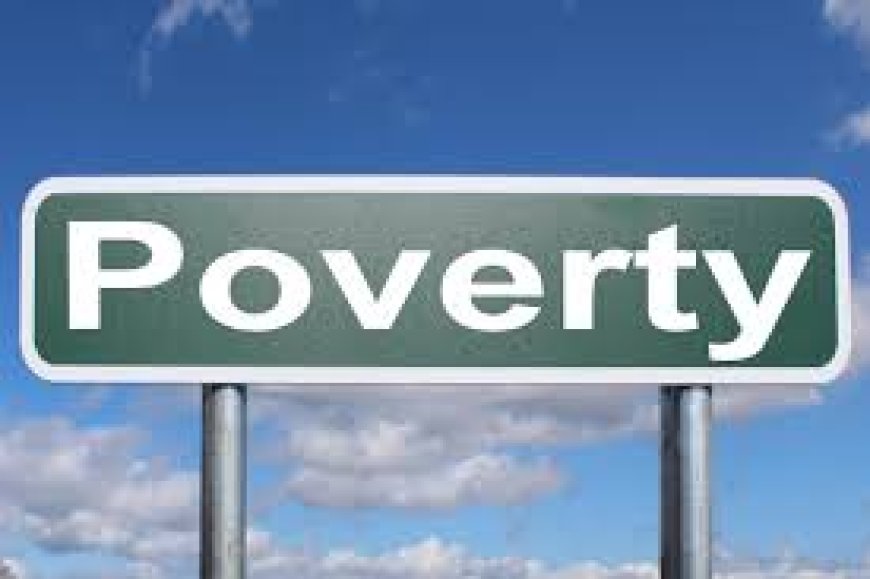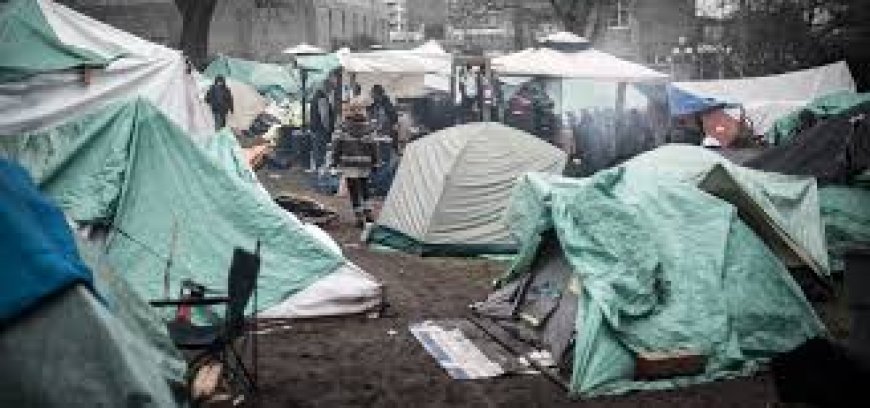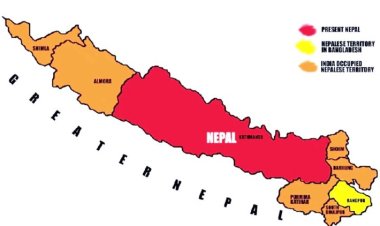How Nepal faced a Poverty: Solutions to Break the Cycle
what are the reasons behind poverty? Implementing solutions to address some of those root causes present in Nepal and Nepal poverty stems from various factors

In Nepal, the main underlying cause of human trafficking is poverty. However, what are the reasons behind poverty? Implementing solutions to address the root causes of poverty would eventually decrease the number of people who are susceptible to traffickers' false promises and lies.
In any country that has struggled to progress, there are numerous causes of poverty that are easy to predict. As you'll see in a moment, some of those causes are present in Nepal. However, there are also a few less prevalent causes of poverty that are more specific to Nepal, particularly when they coexist.

The Civil War
Nepal endured a civil war between Maoist rebels and government forces from 1996 to 2006. Young Nepalis are still being impacted by the aftermath of this conflict and the instability it brought about.
Because their fathers perished or vanished during the conflict, some of the children in our human trafficking safe house have never met them. These children lived in abject poverty and had nothing if their mothers were unable to provide for them or left them to flee with another man. Many of the children of that era experienced this.
Natural Disasters and Earthquakes
It takes years and is difficult to make progress. However, in a single day, a disaster can erase years of progress. One recent example was the 2015 Nepal earthquakes.
Businesses and entire neighborhoods were destroyed. Because they were forced to work in less lucrative jobs and were unable to rebuild their homes, some people never fully recovered. Due to the government's inability to oversee a cogent reconstruction effort, their families and kids were forced to live off the grid and returned to extreme poverty. They had not advanced much after two years.
Corruption and instability in the government
Even though the war ended long ago, the Nepali government has had difficulty maintaining enough programs to lift the vast majority of its citizens out of poverty. It certainly doesn't help that Nepal was named the third most corrupt country in South Asia. Progress is still hampered by infrastructure in particular, which includes few roads, many in poor condition, and insufficient electricity, particularly in rural areas.
GSD Magazine claims that oppressive rulers like the Shah kings and the Ranas have made instability worse. Additionally, Nepal has been unable to develop what could become very profitable industries because of constant interference in its affairs by neighboring governments in much larger countries like China and India.
Geographical Difficulties
As they attempt to address these additional causes of poverty, the Nepali government must contend with difficult obstacles that other nations do not have to face.
For starters, a large portion of the country is mountainous, and in many places, building infrastructure and roads is costly and challenging. Second, because Nepal is landlocked, they are unable to easily ship goods across the ocean. Implementing systemic change is more difficult because of these two issues.
Insufficient Medical Attention
Health care is scarce, particularly in the majority of the country's rural areas, where roughly 75% of the population resides. In her account of overcoming poverty in Nepal, Nisha Tamang discloses that there was absolutely no access to healthcare in the rural area where she was raised. You had to rely on time or local herbal remedies to heal you if you fell very sick. Otherwise, you could lose your life.
When family members pass away too soon or become ill, it can severely impair their earning potential and leave the children in abject poverty.
Insufficiently Good Jobs
Because they are unable to find employment that pays a good wage, a large number of women enroll in our 6-month Vocational Tailoring Program. This is one of the main causes of adult Nepali labor trafficking abroad.
They are lured to work opportunities, which are frequently in India or the Arab world, but they end up being slave labor with no pay, long hours, and no means of escape. Many Nepalis work tirelessly until they are hurt or pass away. They frequently never hear from their families back home again and never see any of the money they went there to earn. Others become victims of prostitution trafficking.
Absence of Industry
Why does Nepal have so few good jobs? Despite having a wealth of natural resources and the potential for a flourishing tourism industry, Nepal has failed to develop a diverse range of industries.
A portion of the cause stems from Chinese and Indian meddling and dominance. They import products instead of creating them locally. Nepal imports more than half of its goods from other nations, primarily India. Starting new industrial production in Nepal is more expensive than continuing to import it. However, the result of this is a lack of stable, good jobs.
The caste system
Even though Nepal's caste system was abolished officially a while ago, it still pervades many parts of the country, particularly the rural areas. Dalits and other members of lower castes suffer from discrimination and a terrible lack of opportunities.
Because they were from a lower caste, the other relatives who took in our children after their parents passed away would treat them horribly. It is even more difficult for members of lower castes to obtain and maintain good jobs.
Frequently Asked Question (FAQ's)
1. What are the main causes of poverty in Nepal?
Nepal's poverty stems from various factors, including the aftermath of a civil war, natural disasters, government corruption, geographical challenges, insufficient medical care, and a lack of good jobs and industries. Social issues like the caste system further exacerbate poverty in rural areas.
2. How does poverty contribute to human trafficking in Nepal?
Poverty makes individuals vulnerable to traffickers' false promises of jobs and better opportunities. Many people, especially women and children, fall prey to labor and sex trafficking due to desperation and lack of economic alternatives.
3. What impact did the civil war have on poverty in Nepal?
The 1996–2006 civil war left many families in poverty, with fathers often killed or missing. Children from such families grew up in severe poverty, facing economic instability and limited opportunities.
4. How do natural disasters affect poverty in Nepal?
Natural disasters like the 2015 earthquakes destroy infrastructure, businesses, and homes, pushing families into poverty. Many never recover due to inadequate government reconstruction efforts and limited resources.
5. Why does Nepal struggle to create industries and jobs?
Nepal's industrial growth is hindered by geographical challenges, reliance on imports, corruption, and interference from neighboring countries like India and China. This limits the creation of stable, well-paying jobs.
What's Your Reaction?







































































































